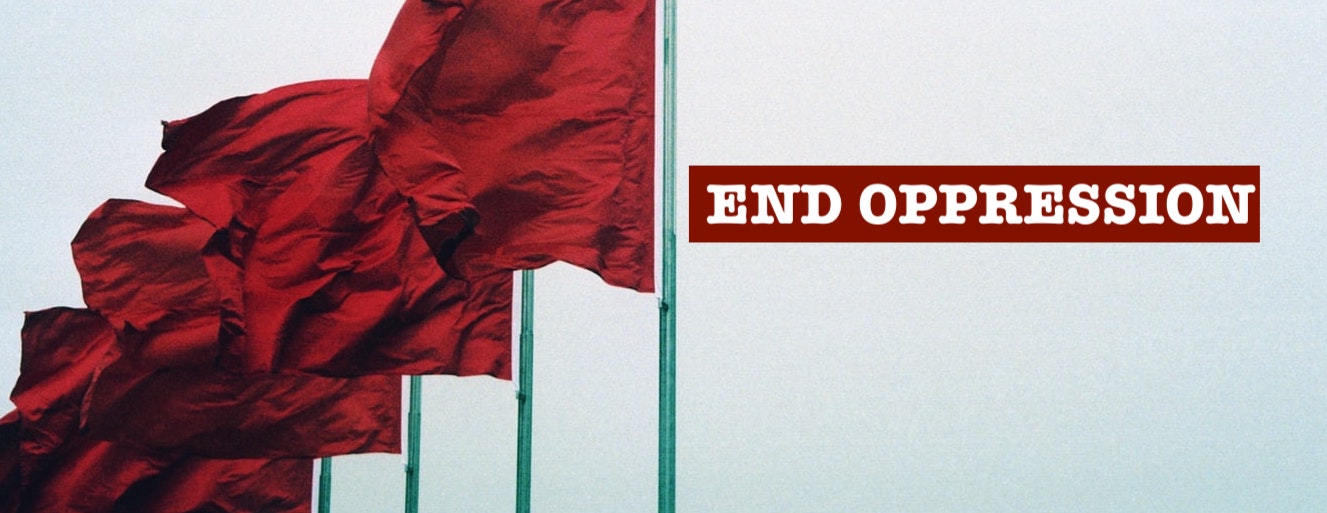Ranking as the most heinous war crimes, genocide and ethnic cleansing are prevalent in a number of regions today. Two cases, in particular, have recently caught the world’s attention, however, and both are against highly vulnerable minority groups. A wider response is necessary to counter these cases of oppression and, as this account will argue, everyone has a part to play in amending them, we just need louder voices!
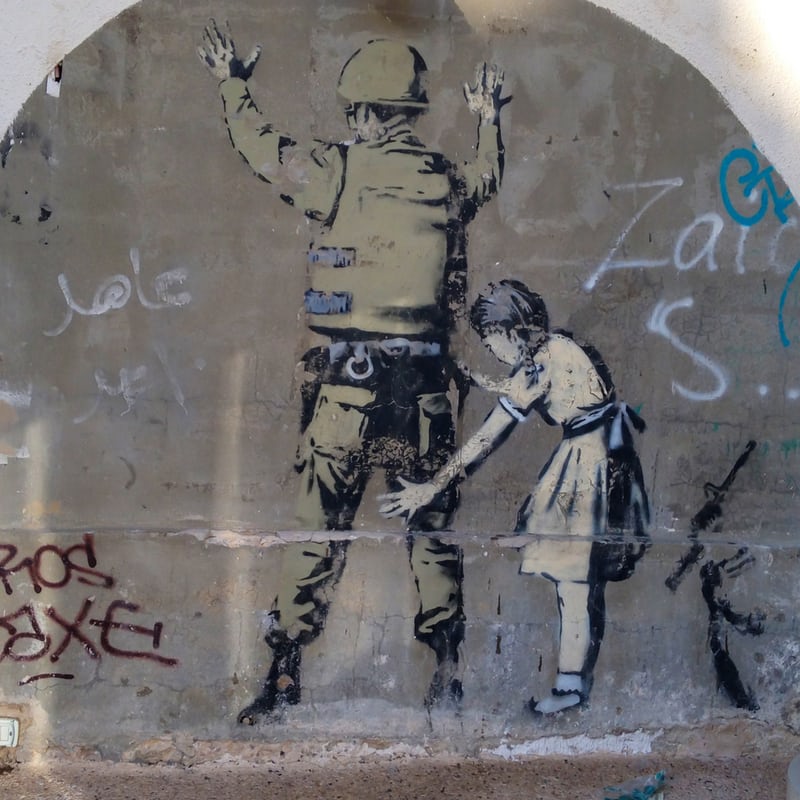
Islamophobia In Its Ugliest Form
Led by the authority of the Chinese Communist Party, an anti-Muslim campaign has been raging in northwestern China. Albeit shocking, the term of ethnic cleansing is absolutely fitting here as Muslim minority groups are being systematically attacked and incarcerated in what China has coined ‘re-education camps’, where they are tortured and otherwise forced to suppress their religion. Such rhetoric is based on the same ideals Myanmar’s current regime has used to justify their own offensive against the Muslim groups in the South East Asian region, that being the notion of these groups being prone to the use of politically motivated terror. While this is subject to contention, there must be more transparency since discriminatory oppression and the organised denial of human rights such as liberty are equally odious crimes.
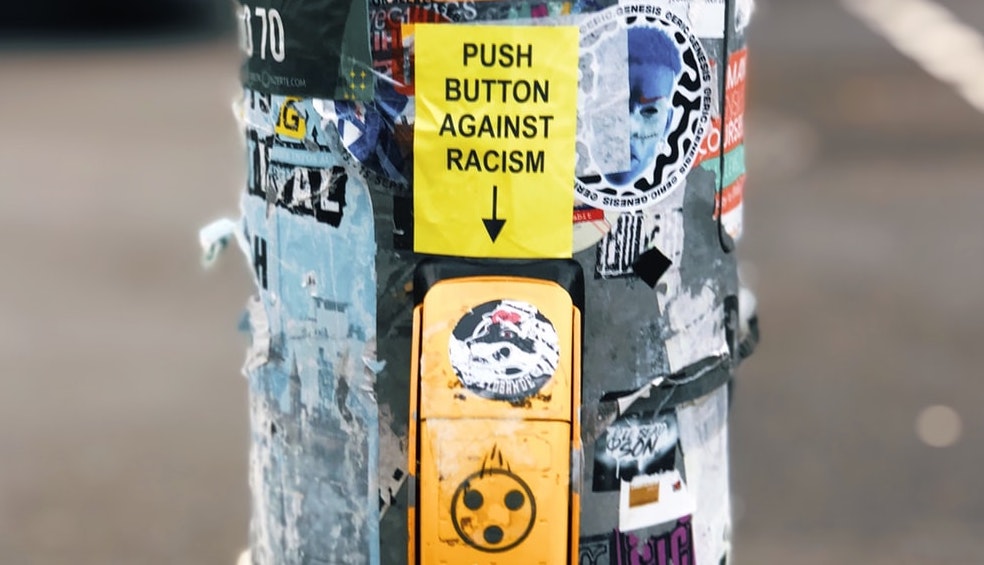
Strategic Motivations and Justifications
In the case of the Xinjiang region, China has vested interests in the crackdown of these Muslim groups such as the Uighurs. Largely due to its heterogeneous ethnic make-up, the region has historically opposed Beijing, which, coupled with the fact that it now acts as the hypothetical door to China’s Belt and Road Initiative, means the regime feels the need to usurp it (Saltskog and Clarke, 2019).
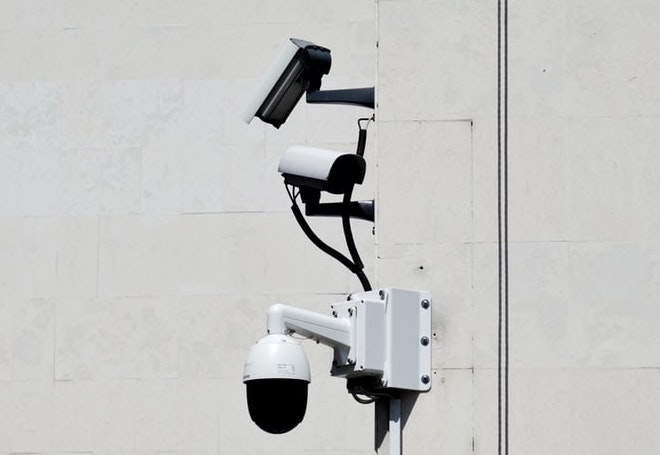
On the other hand, Myanmar (formerly Burma) has been using Muslim minorities such as the Rohingya group to distract its predominantly Buddhist population away from the internal turmoil of the state, essentially making these groups the scapegoat of the regime. The successive governments of Myanmar have upheld the claim that the Rohingya are not a true ethnic group and view them as illegitimate foreigners (Ibrahim 2020). This is a complete falsehood, used to justify the most terrible war crimes:
Amnesty, 2018
Both cases are politically motivated and organised by the respective regimes, making them an issue of the international community. However, with such an impotent and contented global community at this present time, one struggles to see how these war crimes will be brought to an end.
So What Can Be Done?
With the aforementioned in mind, everyone has a part to play in ending such oppressions. The international community will continue to do nothing so long as it can and we cannot sit on the fence any longer. As global citizens, it is our duty to speak out about abuses against minority groups and other such injustices. With enough voices calling for action on these atrocities, political elites will have no option but to put more pressure on Myanmar and Beijing to alter their course. The international responses must align around the common good of social and humanitarian justice. This would have to occur across a spectrum of actors, from grassroot individuals, middle ground organisations and states themselves. Without a collective response, there will be room for further inaction. Yet with enough attention, policymakers would have no choice but to respond.
An Outspoken Maverick
Mesut Ozil, the Arsenal football player is a shining exemplifier of someone who spoke out about Beijing’s treatment of Muslim minority groups in Xinjiang. Translated from Turkish, his words were: “Korans are being burnt. Mosques are being shut down. Muslim schools are being banned. Religious scholars are being killed one by one” (Yu, 2019). And still, he went further, blaming Muslim countries for being lame and not condemning China for its actions. Despite Ozil’s bravery, his club chose to detach itself from the drama for fear of financial repercussions as China pulled plans to air an upcoming Arsenal game set to occur that weekend. While the club’s response is cowardly, it does not come as a surprise. Arsenal is just one in a string of cases where China has coerced western organisations to remain silent regarding Xinjiang and other political/humanitarian issues such as the turmoil in Hong Kong.
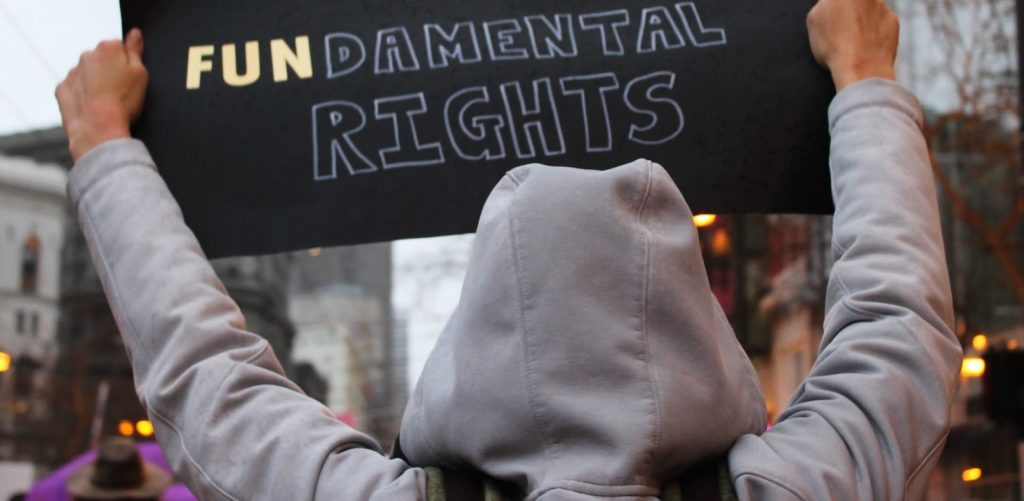
The moral of the story is that there must be a better-coordinated consensus against these abuses; organisations need to back-up the grassroots and vice-versa. As goes for any activism movement, more voices equate to a greater chance of success. Without a loud and strong counter-campaign to these cases of systematic racial persecution, they will continue. For while the strong do what they can and the weak suffer for what they must, with enough change-makers, the tables will turn and ethics will prevail.
Justice for the Rohingyas
Such is the case with Myanmar. The UN International Court of Justice made a decision on 23 January for ‘provisional measures’ to be placed on Myanmar with regards to the war crimes which have now been admitted by Aung Sun Suu Kyi, the State Counsellor and de-facto leader of the country. These provisional measures order Myanmar to take steps to protect its minority Rohingya population as well as prevent the destruction of evidence related to genocide allegations (United Nations, 2020). The ruling is the first step in bringing those responsible to justice and stopping the brutal assault against the Muslim minority groups of Myanmar. These crimes have been taking place for a very long time and it is appalling that they have gone unchecked for so long. Many ordinary people, organisations and states have been calling for action to stop the violence against the Rohingya group and, although late, this is a massive push in the right direction.
References
Amnesty (2018) “We Will Destroy Everything” Military Responsibility For Crimes Against Humanity In Rakhine State, Myanmar. London: Amnesty International Ltd. Available at: https://mapping-crimes-against-rohingya.amnesty.org/#04_violence_06/ (Accessed: 22 January 2020)
Ibrahim, A. (2020) ‘Myanmar Has Blazed a Path to Democracy Without Rights’, Foreign Policy. Available at: https://foreignpolicy.com/2020/01/16/myanmar-democracy-rohingya/ (Accessed: 21 January 2020).
Saltskog, M. and Clarke, C.P. (2020) ‘China’s Rights Abuses in Xinjiang Could Provoke a Global Terrorist Backlash’, Foreign Affairs. Available at: https://www.foreignaffairs.com/articles/china/2020-01-16/chinas-rights-abuses-xinjiang-could-provoke-global-terrorist-backlash (Accessed: 22 January 2020).
Yu, S. (2019) ‘Chinese broadcaster drops Arsenal game over Uighur remarks’, Financial Times. Available at: https://www.ft.com/content/76de07e4-1f1d-11ea-92da-f0c92e957a96 (Accessed 21 January 2020).
United Nations (2020) Top UN court orders Myanmar to protect Rohingya from genocide. Available at: https://news.un.org/en/story/2020/01/1055841/ (Accessed: 24 January 2020).
Disclaimer
The opinions expressed in this publication are those of the author. They do not purport to reflect the opinions or views of IVolunteer International.
IVolunteer International is a 501(c)3 tech-nonprofit registered in the United States with operations worldwide. Using a location-based mobile application, we mobilize volunteers to take action in their local communities. Our vision is creating 7-billion volunteers. We are an internationally recognized nonprofit organization and is also a Civil Society Associated with the United Nations Department of Global Communications. Visit our profiles on Guidestar, Greatnonprofits, and FastForward.
